
Essays

A Violent Inheritance
America’s political violence and constitutional crises resemble its own 19th-century past more than they do other countries that have slid toward authoritarianism. Revisiting that formative period of U.S. history can help us better understand our moment — and offer hope that we can survive our current turmoil.
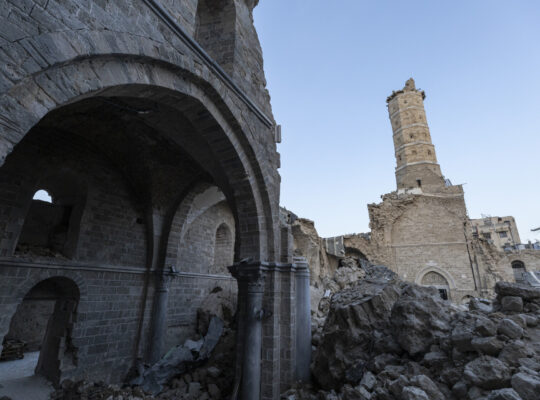
Historicide in Gaza
Roman pots and Phoenician jewelry may be more glamorous than filing cabinets full of administrative papers, but the latter record the basic facts needed to understand a society. In Gaza, Israel has now destroyed these archives — the culmination of a long process curtailing the possibilities of Palestinian history.
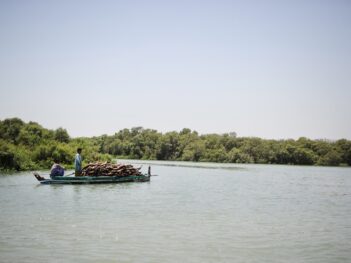
Once a Thriving Ecosystem, Pakistan’s Largest River Delta Is in Peril
A century ago, the Indus River Delta was lush, thriving and rich. Today, it’s dry, saline and abandoned. As Pakistan grapples with a worsening water crisis, protests have erupted in Sindh province over a new government project that threatens to divert more water from the Indus.
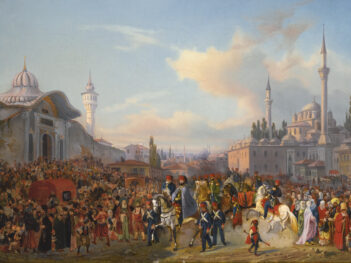
How the Rise of Bureaucracy Reshaped Religion
The ways that today’s states deal with the sacred are not determined by how “secular” they are or the lingering effects of ancient traditions. Variations in how religion relates to public life around the world were rather set by the evolution of modern bureaucracies.
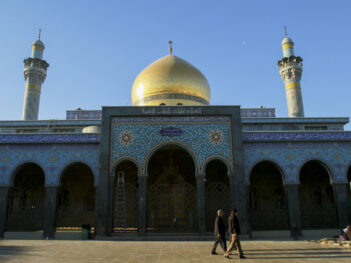
How Syria’s Shrines Became Front Lines in a Sectarian War
Syria’s long and storied history has left it home to shrines for multiple religions and sects. Many are of great symbolic importance and have become flash points in the country’s conflicts since 2011. Once places of prayer and memory, they have been turned into tools for propaganda and recruitment.

Remembering the Influential Argentine Critic Beatriz Sarlo
Beatriz Sarlo was one of Latin America’s foremost intellectual figures. She helped shape the canon of contemporary Argentine fiction, edited a leading cultural magazine and stirred debate on a range of issues, from the Falklands War and populism to literature and the role of memory in the aftermath of dictatorship.
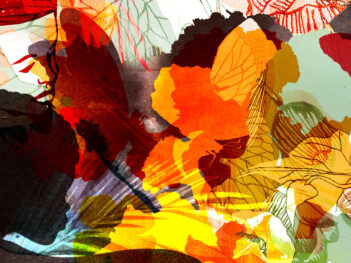
Noon Meem Danish Brought the Black Experience to Urdu Poetry
Noon Meem Danish, a Black Pakistani poet, explores themes of Blackness, identity and belonging in his work. In a rare interview, the only Urdu-language poet writing within the Negritude tradition reflects on a life and career that has taken him from protest in Karachi to solitude in Connecticut.
